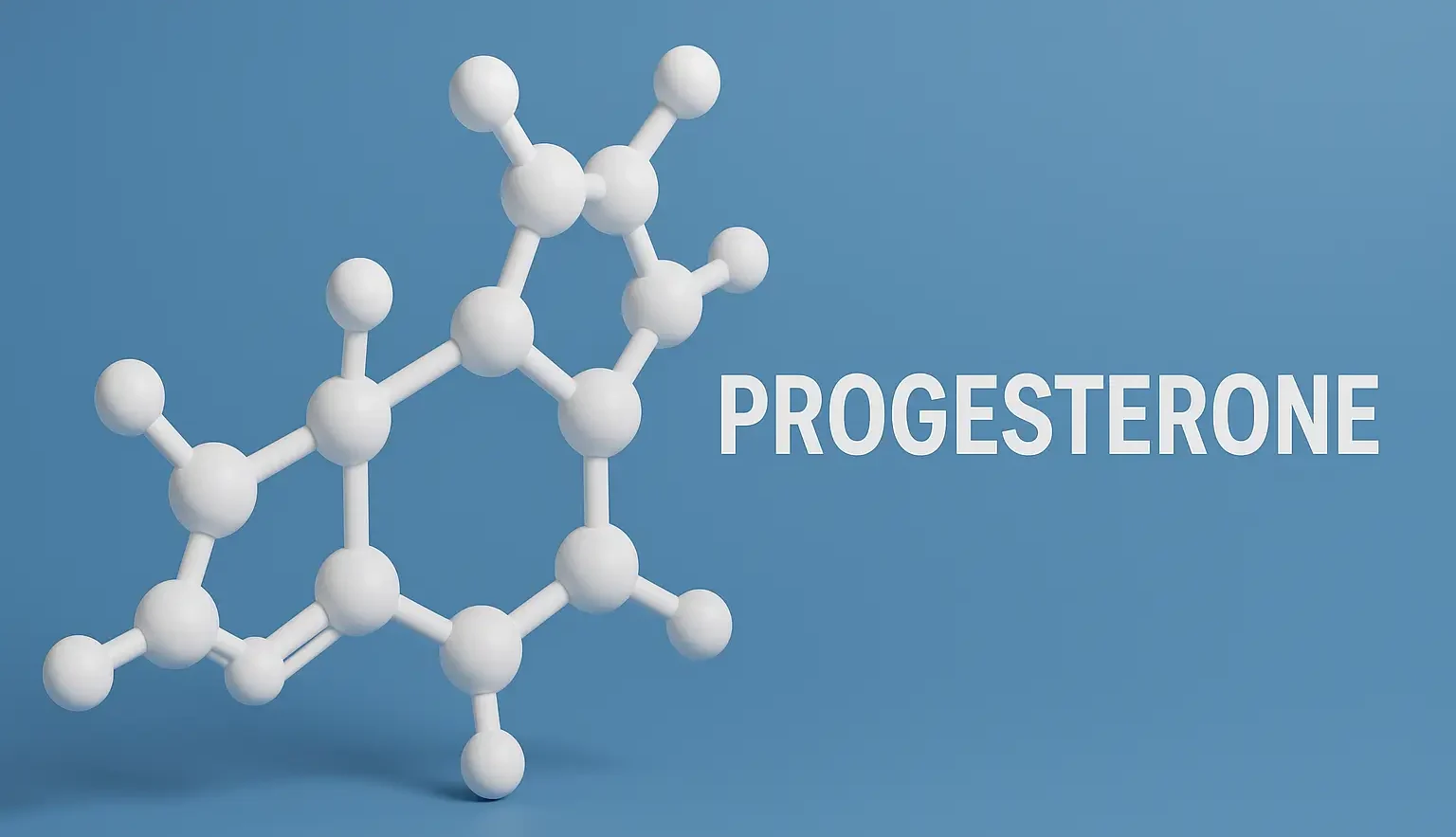Definition of Progesterone:
- Progesterone is a female sex hormone essential for the menstrual cycle, pregnancy, and embryogenesis.

Physiology:
- Secreted primarily by the corpus luteum in the ovary and the placenta during pregnancy.
Roles:
- Prepares and maintains the endometrium for implantation.
- Decreases uterine contractions.
- Thickens cervical mucus to prevent sperm penetration.
Advertisements
Pharmacological Agents:
- Progesterones: Natural form used in hormonal therapies.
- Synthetic Progestins: Medroxyprogesterone acetate, norethindrone—modified forms with varying receptor affinities.
Mechanism of Action:
- Binds to progesterones receptors, preparing the endometrium for implantation, maintaining pregnancy, and regulating the menstrual cycle by counteracting estrogen’s proliferative effects.
Clinical Uses of Progesterone:
- Contraception: Alone or with estrogens in oral contraceptives.
- Menstrual Disorders: Treat amenorrhea and irregular menstruation.
- Pregnancy Support: Prevent preterm labor, support luteal phase.
- Hormone Replacement Therapy (HRT): Combined with estrogens to prevent endometrial hyperplasia.
Side Effects of progesterone:
- Common: Irregular bleeding, breast tenderness, mood swings, bloating.
- Serious: Risk of thromboembolism, cardiovascular events, and certain cancers with prolonged use.
Click Here to Watch the Best Pharma Videos
Advertisements

